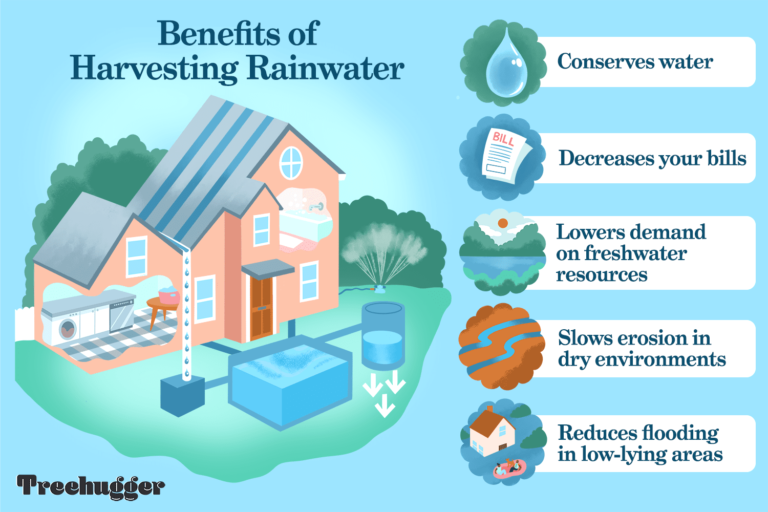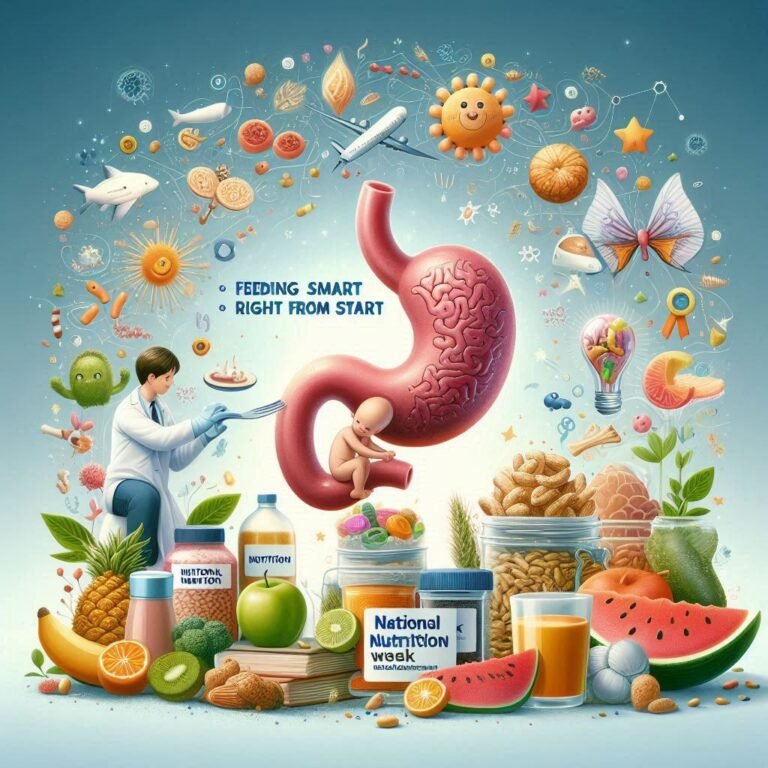Conserving water during the rainy season is crucial for several reasons:
1. Reduced water scarcity: Conserving water during the rainy season helps reduce the strain on water resources during dry periods.
2. Replenished groundwater: Allowing rainwater to percolate into the ground recharges groundwater aquifers, ensuring a steady supply of water.
3. Decreased flood risk: Absorbing rainwater into the ground reduces surface runoff, minimizing flood risks.
4. Improved water quality: Reducing stormwater runoff decreases pollutants entering waterways.
5. Lower water bills: Harvesting and conserving rainwater reduces the demand on municipal water supplies, leading to lower water bills.
6. Enhanced ecosystem health: Preserving natural water cycles supports local ecosystems and biodiversity.
To conserve water this rainy season:
1. Install rainwater harvesting systems: Collect and store rainwater for non-potable uses like flushing toilets or irrigation.
2. Implement efficient irrigation systems: Use drip irrigation or smart controllers to minimize water waste.
3. Fix leaks: Repair leaky faucets, pipes, and roofs to prevent water loss.
4. Use water-efficient appliances: Install low-flow showerheads, toilets, and sinks.
5. Practice rain-friendly landscaping: Use permeable materials, plant native species, and maintain healthy soil to absorb rainwater.
6. Monitor water usage: Track water consumption to identify areas for improvement.
By adopting these strategies, we can conserve water during the rainy season, ensuring a sustainable and resilient water supply for the future.






